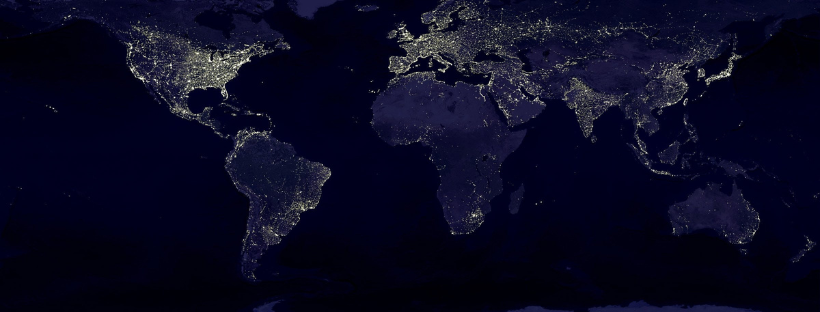
Switching Off for Change: Earth Hour
Earth Hour is an annual event that takes place on the last Saturday of March. It is a global movement that aims to raise awareness about the need to take action against climate change by encouraging people to switch off their lights for one hour. The idea behind Earth Hour is to demonstrate that we can all make a small but significant difference to the planet by taking individual action.
Origins of Earth Hour
Earth Hour started as a symbolic event in Sydney, Australia, in 2007. The idea was initiated by the World Wildlife Fund (WWF) and the advertising agency Leo Burnett. The event was aimed at raising awareness about the need to take action against climate change. On 31 March 2007, at 7:30 pm, millions of people in Sydney and around the world turned off their lights for one hour, and the city's landmarks were plunged into darkness.
The success of the event in Sydney led to the global expansion of Earth Hour in 2008. More than 50 million people across 35 countries participated in the event, turning off their lights for one hour. Since then, Earth Hour has become a global phenomenon, with millions of people across the world participating in the event every year.
Spread of Earth Hour around the globe
Earth Hour has spread rapidly across the globe since its inception. In 2008, Earth Hour was observed in 400 cities across 35 countries. In 2019, the event was observed in over 180 countries, with millions of people participating.
Earth Hour has become more than just a symbolic gesture. The event has become a platform for individuals and communities to take action against climate change. Many people and organisations use Earth Hour to launch campaigns, initiate conversations and promote awareness about climate change.
One of the most significant impacts of Earth Hour has been on policy-makers. The event has brought the issue of climate change to the forefront of political discourse. Many governments have pledged to take action against climate change, and many cities have implemented policies and programs to reduce their carbon footprint.
Earth Hour is an excellent example of how a small gesture can lead to a global movement. The event started as a symbolic gesture in Sydney but has now become a global phenomenon. It has raised awareness about the need to take action against climate change and has inspired millions of people to take individual action. Earth Hour is a reminder that we all have a role to play in combating climate change, and our collective action can make a significant difference to the planet.
Origins of Earth Hour
Earth Hour started as a symbolic event in Sydney, Australia, in 2007. The idea was initiated by the World Wildlife Fund (WWF) and the advertising agency Leo Burnett. The event was aimed at raising awareness about the need to take action against climate change. On 31 March 2007, at 7:30 pm, millions of people in Sydney and around the world turned off their lights for one hour, and the city's landmarks were plunged into darkness.
The success of the event in Sydney led to the global expansion of Earth Hour in 2008. More than 50 million people across 35 countries participated in the event, turning off their lights for one hour. Since then, Earth Hour has become a global phenomenon, with millions of people across the world participating in the event every year.
Spread of Earth Hour around the globe
Earth Hour has spread rapidly across the globe since its inception. In 2008, Earth Hour was observed in 400 cities across 35 countries. In 2019, the event was observed in over 180 countries, with millions of people participating.
Earth Hour has become more than just a symbolic gesture. The event has become a platform for individuals and communities to take action against climate change. Many people and organisations use Earth Hour to launch campaigns, initiate conversations and promote awareness about climate change.
One of the most significant impacts of Earth Hour has been on policy-makers. The event has brought the issue of climate change to the forefront of political discourse. Many governments have pledged to take action against climate change, and many cities have implemented policies and programs to reduce their carbon footprint.
Earth Hour is an excellent example of how a small gesture can lead to a global movement. The event started as a symbolic gesture in Sydney but has now become a global phenomenon. It has raised awareness about the need to take action against climate change and has inspired millions of people to take individual action. Earth Hour is a reminder that we all have a role to play in combating climate change, and our collective action can make a significant difference to the planet.

Leave a comment